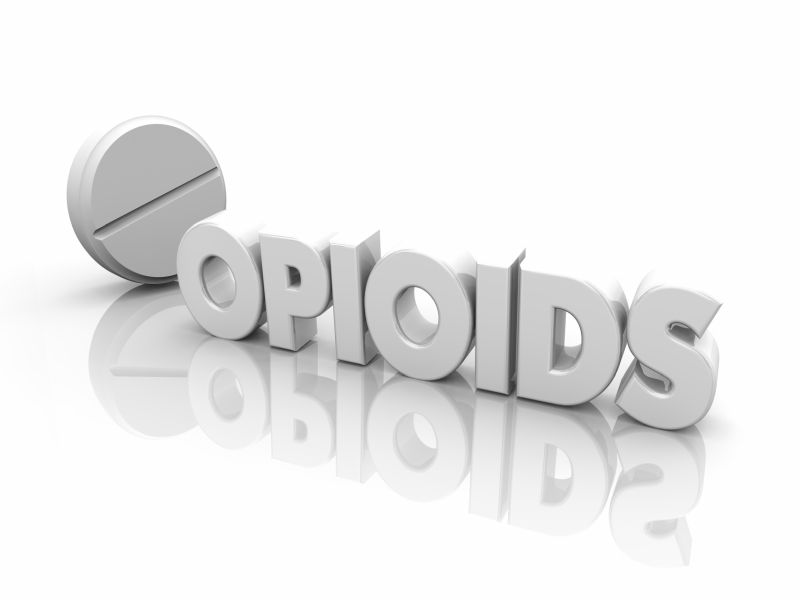Heart Surgery Leads to Long-Term Opioid Use for Some
2 min read 
MONDAY, June 22, 2020 (HealthDay News) — About one particular in ten coronary heart medical procedures clients who is recommended an opioid painkiller soon after the method nevertheless employs the medications extra than ninety days afterwards, a new review finds.
And those recommended the best doses are most most likely to be lengthy-phrase consumers of opioids, scientists say.
“Our findings assistance a a lot-required shift towards decreasing opioid dosages at discharge and making use of substitute strategies to reduce the risk for persistent opioid use,” review lead author Dr. Chase Brown explained in a College of Pennsylvania information launch. He is a cardiovascular medical procedures resident and research fellow at the university’s Perelman College of Medicine.
Overprescribing of opioids — such as oxycodone, codeine, tramadol and morphine — can raise the risk of opioid habit. Modern research suggests that opioid overprescribing is popular in the United States.
It can be considered that persistent opioid use occurs in 3% to ten% of clients soon after small and major normal medical procedures, but there is restricted significant-scale research on the difficulty between U.S. coronary heart medical procedures clients.
In this new review, scientists examined facts on more than 25,000 U.S. clients who experienced coronary artery bypass grafting (the most popular type of coronary heart medical procedures) and more than ten,000 who experienced coronary heart valve fix or replacement in between 2004 and 2016.
About sixty% of bypass clients and 53% of valve medical procedures clients crammed an opioid prescription within just fourteen days soon after medical procedures.
The review also identified that 9.six% of all the clients continued to fill prescriptions in between a few and 6 months soon after medical procedures, with the refill level slightly larger between bypass clients. Practically 9% of bypass clients continued to fill an opioid prescription 6 to 9 months soon after medical procedures.
Rates of lengthy-phrase opioid use were being best between girls, youthful clients and those who experienced health care circumstances ahead of medical procedures, this sort of as coronary heart failure, chronic lung illness, diabetic issues and kidney failure, the findings showed.
The scientists also identified that clients who were being recommended larger doses of opioids experienced a drastically enhanced risk of continued opioid use a few to 6 months soon after medical procedures.
“Cardiothoracic surgeons, cardiologists and most important treatment doctors should operate alongside one another to enact proof-based protocols to determine higher-risk clients and reduce prescriptions by means of a multi-faceted soreness administration technique,” explained review senior author Dr. Nimesh Desai, a cardiovascular surgeon and an affiliate professor of medical procedures at the college.
“Centers must adopt protocols to raise client education and learning and limit opioid prescriptions at discharge,” Desai concluded.
The review was posted on-line June seventeen in JAMA Cardiology.
— Robert Preidt

Copyright © 2020 HealthDay. All rights reserved.
Question
Medically speaking, the phrase “myalgia” refers to what type of soreness?
See Answer
References
Supply: College of Pennsylvania, information launch, June 18, 2020





